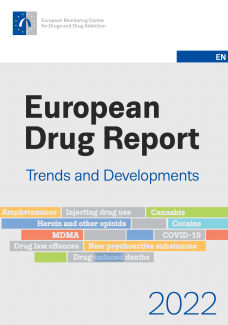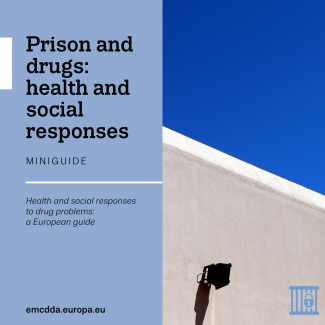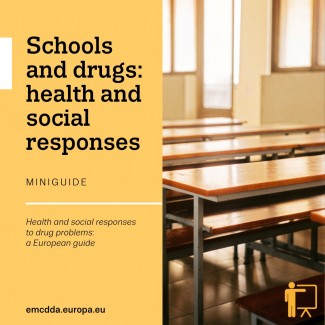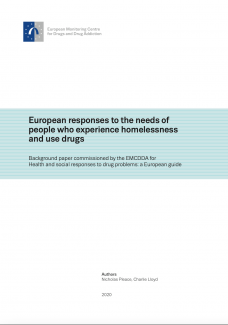New psychoactive substances (NPS)


The European Monitoring Centre for Drugs and Drug Addiction (EMCDDA) was established in 1993. Inaugurated in Lisbon in 1995, it is one of the EU’s decentralised agencies. The EMCDDA exists to provide the EU and its Member States with a factual overview of European drug problems and a solid evidence base to support the drugs debate. Today it offers policymakers the data they need for drawing up informed drug laws and strategies. It also helps professionals and practitioners working in the field pinpoint best practice and new areas of research.
The EMCDDA was set up to provide 'factual, objective, reliable and comparable information concerning drugs, drug addiction and their consequences'


Objective: The main objective of this webinar is to explore and better understand the potential use of youth survey data in policy and prevention planning in a digital world.




Description: This webinar will explore recent patterns and trends in drug use among women in Europe and the role played by gender in influencing women’s consumption behaviours across settings and the life course.
